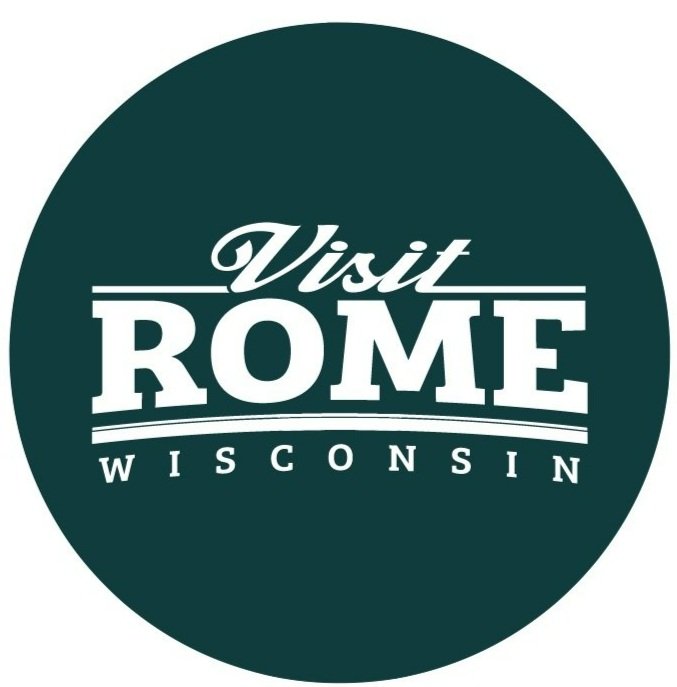Build It and They Will Come
We’ve all heard the word tourism, but what exactly is tourism?
Well, the official United Nations agency responsible for the promotion of tourism, the United Nations World Tourism Organization (UNWTO), defines it as follows:
Tourism is a social, cultural, and economic phenomenon which entails the movement of people to countries or places outside their usual environment for personal or business/professional purposes. These people are called visitors (which may be either tourists or excursionists; residents or non-residents) and tourism has to do with their activities, some of which imply tourism expenditure.
Ugh. Such an overly complicated definition for such an uncomplicated concept. And who uses words like excursionists, anyway?
It’s much simpler to describe it this way;
Tourism is nothing more than people visiting places and doing things.
No matter how you define it, tourism is critically important to the health and well-being of many economies around the world – big and small.
Rome, Italy for example, relies on over 40 billion dollars in annual tourism revenue. Without it, Rome and all its antiquities would have crumbled decades ago.
Rome, Wisconsin with, let’s just say a little less than 40 billion in tourism dollars, also depends on visitor revenue as a major contributor to the annual budget.
But promotion of tourism, especially in a small town like Rome, is a delicate dance.
If done right, tourism is a major growth engine for socio-economic development. If done right, it is sustainable and remains viable over an infinite period. And if done right it will have only positive effects on life as we know it now.
If done right, everybody wins.
So, it goes without saying that tourism planning must be done with great care and consideration.
One way to ensure favorable outcomes is to invite community involvement in the planning process. Better yet, to incentivize community involvement and ultimately investment.
To that end, here’s something you may not know. The Town of Rome established a hotel/room tax to generate revenue for tourism development and promotion. Additionally, the town has a designated group whose sole purpose is to motivate people to visit Rome and enjoy everything that it has to offer.
Pretty smart, huh? Visit Rome Wisconsin, Inc. as they’re called (we’ll just call them Visit Rome), collects money from tourism to reinvest money on tourism.
Here’s something else you may not know. Visit Rome allocates a sizable portion of the room tax it collects in the form of grants for entrepreneurial initiatives. Grants for further development or expansion of visitor attractions and amenities.
The mission of the grant program is to promote the Rome area by building awareness, attracting visitors, encouraging overnight stays, and making an overall positive impact in the community.
Those who have taken advantage of grants in the past have used the funds for upgrades, enhancements, and expansion of existing facilities. Even signage and advertising. Others have used the funds to help with equipment and construction. And still others have tapped into this generous program as they hosted events and festivals.
Recent recipients include Wisconsin Trapshooting Association, Rome Outdoors, Shermalot Water Ski Team, Rome Town Players (Harmony Park), and the Rome Fire Department to name a few.
So, if you have an idea, big or small, and you think it would help drive tourism, it behooves you to see if you qualify for some financial assistance from the Visit Rome Grant Program.
And it’s easier than you might think. Simply go to the Visit Rome website, visitromewi.com, scroll to the initiatives/grant program tab, download the application and submit it to Lisa Kubis, the Executive Director, at visitromewi@gmail.com.
As you might imagine, there are certain criteria and qualifications, and timing is important, so don’t hesitate. Check it out now.
And who knows, that idea you’ve been tossing about for way-too-long may, in fact, become a reality.
As the voices in Kevin Costner’s head so famously whispered, “Build it and they will come.” *
Written by: Lydell Capritta
* Yeah, yeah. I know. The quote was actually, “If you build it, he will come.” This is what you call taking artistic license.
